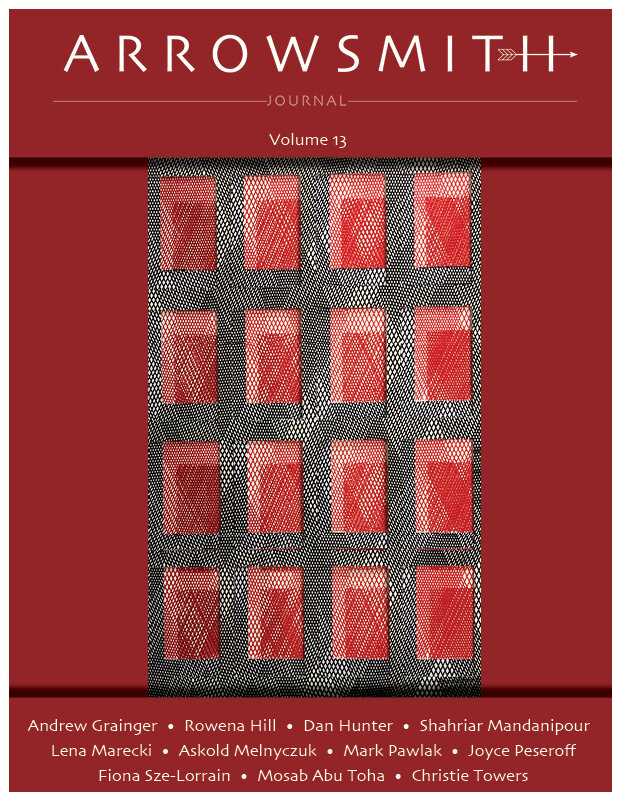Introduction to Volume 13
FUCK YEAH: USA TODAY
These are the musings of the mob as they rampaged through the United States Capitol on Wednesday, January 6th. I record them here for future generations to see the light by which one political party steered early in the 21st century:
“Fuck yeah, we did this shit. What reality is this? Hoo hoo hoo. USA! USA! USA!”
“This is 2021! What is life? This is reality. I can’t believe this. This is big gang shit. . . You just have to watch my channel. . . People might burn this down, I’m not gonna lie. This is surreal. But this is real life. This is revolution. USA USA USA. This is history. . . We’re comin’ for all of you!”
A woman screams. . .
“There’s a hundred thousand of us...I’ve been to so many riots, bro…We want Trump. We want Trump! It’s not gonna fuckin end well…”
“The cops are leaving? They’re giving us the building?”
“Break it down! Break it down!”
“Let me through…I got a knife…”
“Where’s my crowbar?”
“They shot her. She’s dead. She’s dead…She’s dead. She got shot right in the head…”
“You fuckin’ killed a girl…”
“I saw someone die. I can’t believe it. I saw someone die. I saw the light go out of her eyes...”
“USA! USA! USA!”
*
It’s worth pondering the pithy patriotic pensees which provide such spiritual sustenance to Senator Cruz, whom Alan Dershowitz called one of the best students he’s ever had. (Was it Dershowitz’s celebrated ethics course Cruz aced?)
Weeks after an attempted coup orchestrated by the ex-POTUS against his own government, shock and fury shade into a residual disbelief. What can’t happen here has. An episode straight out of a Latin American or Eastern European novel is now part of our nation’s history. Men who wanted to hang the Vice President and murder the Speaker of the House were feet away from finding them. Fortunately, we’ll never know whether the worst of them would have acted on their rhetoric.
Meanwhile, most Republican Senators and Representatives don’t believe the President’s inflammatory words constitute an impeachable offense. As one friend commented wryly, “Because Republicans care so much about other people…” America has nurtured its share of nihilists over the years. Democrats, as well as Republicans, have engaged in or acquiesced to mass slaughter in Vietnam, Iraq, Afghanistan, Syria, Yemen…We started a war on a false pretext which has led to the greatest refugee crisis since the second World War — and we can’t be bothered to remember it because the thugs in our own country now have our full attention.
The events of early January leave me particularly grateful to the Honorable Andrew Grainger, recently retired Associate Justice of the Massachusetts Appeals Court, for his brief but penetrating piece on the Federalist Society, of which Cruz (together with a majority of our Supreme Court Justices) is a member. The contribution of our elite universities to our increasingly uncivil discourse is surely worth a PhD thesis of its own.
Several pieces in this issue offer cautionary tales about just how far off-track a government can go.
A letter in support of imprisoned Iranian writers, sent to us by the great Iranian writer-in-exile, Shahriar Mandanipour, should put our own situation into perspective, while Mosab Abu Toha’s chilling piece about the Kafkaesque lives forced upon the residents of Gaza by their neighbor makes Catch-22 sound reasonable. The near universal silence about these matters is itself a major indictment of our intellectual culture.
Fiona Sze-Lorrain’s essay on the work of one of China’s most important independent voices, Duo Yu, reminds us that there are many countries who fear ideas as if they mattered — which itself matters and is worth noting. This is what five thousand years of civilization teaches — some people.
Fortunately, as the brief reports from Christie Towers and Lena Marecki remind us, the darkness is far from complete.
Meanwhile, Mandanipour’s brilliant, nightmarish tale, “Ghosts of Objects,” offers a glimpse of the retribution conscience exacts on men who disbelieve in it. It’s the first time we’ve published a work of fiction in the journal. After reading it in manuscript I insisted Shahriar let us publish it.
Read it and weep.
Askold Melnyczuk’s book of stories, The Man Who Would Not Bow, appeared in 2021. His four novels have variously been named a New York Times Notable, an LA Times Best Books of the Year, and an Editor’s Choice by the American Library Association’s Booklist. He is also co-editor of From Three Worlds, an anthology of Ukrainian Writers. His published translations include work by Oksana Zabuzhko, Marjana Savka, Bohdan Boychuk, Ivan Drach, and Skovoroda. His shorter work, including essays, stories, and reviews, have appeared in The Paris Review, The New York Times, The Missouri Review, The Times Literary Supplement (London), The Los Angeles Times, The Harvard Review and elsewhere. He’s received a three-year Lila Wallace-Readers’ Digest Award in Fiction, the McGinnis Award in Fiction, and the George Garret Award from AWP for his contributions to the literary community. As founding editor of Agni he received PEN’s Magid Award for creating “one of America’s, and the world’s, leading literary journals.” Founding editor of Arrowsmith Press, he has taught at Boston University, Harvard, Bennington College and currently teaches at the University of Massachusetts Boston. Most recently he has been organizing readings in support of writers in Ukraine, as well as interviewing writers for his For the Record series which appears online at Agni Online (https://agnionline.bu.edu/blog/for-the-record-conversations- with-ukrainian-writers/), as well as on Arrowsmith Press’s website.


